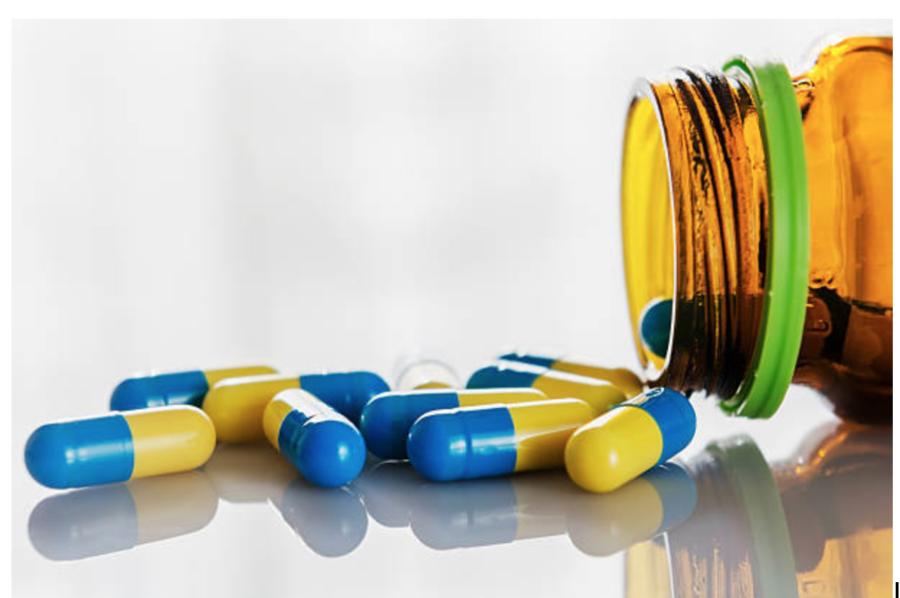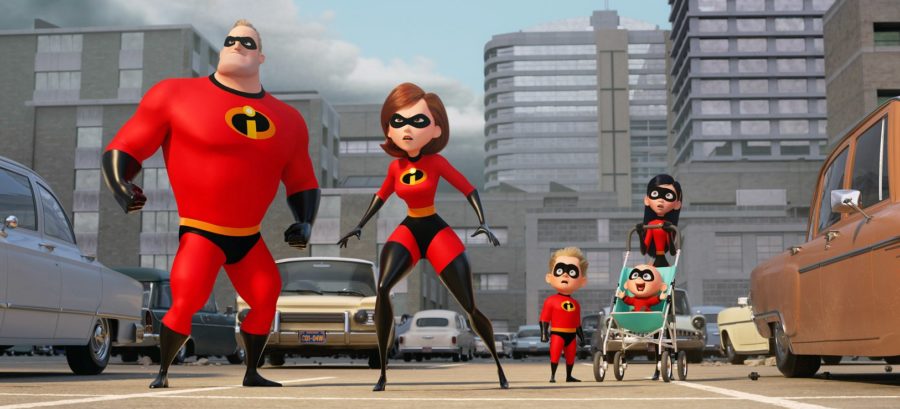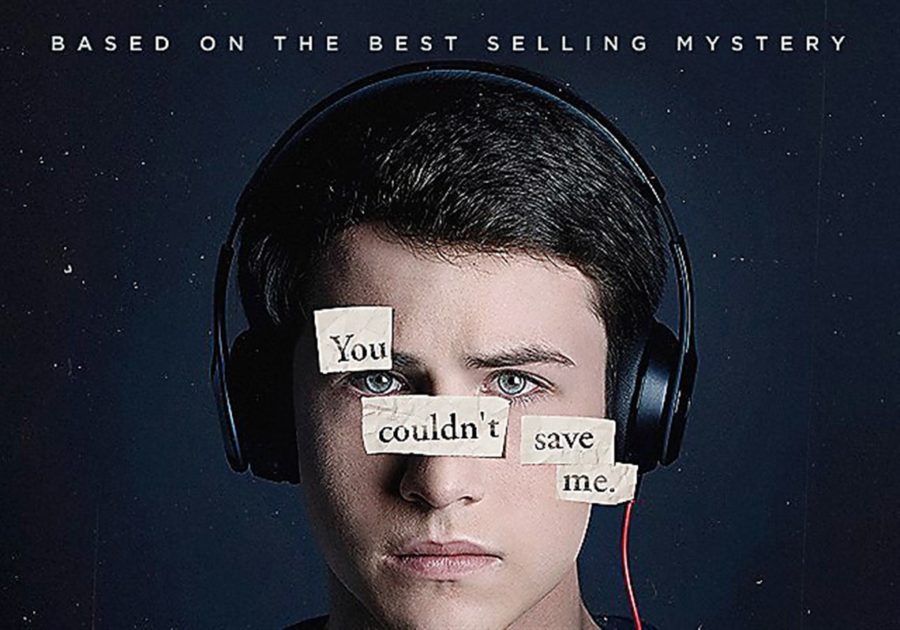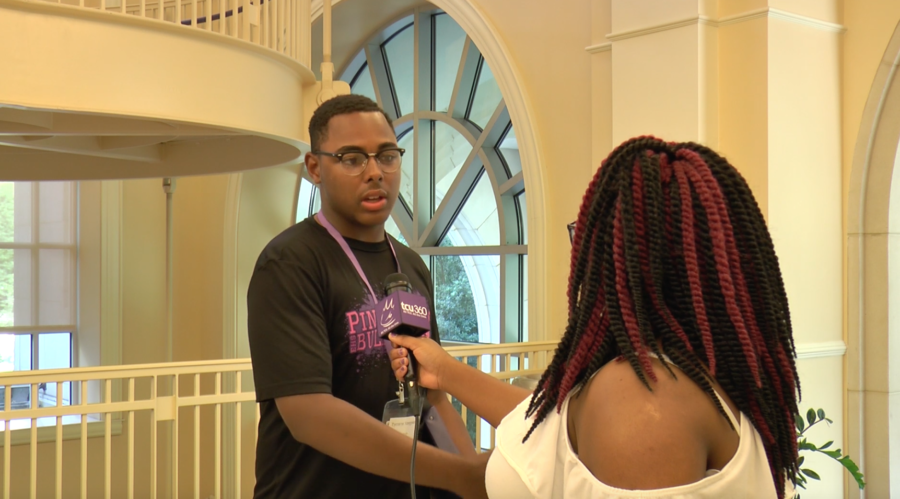Most Americans with depression prefer psychological treatments over prescription drugs, according to a National Institutes of Health study.
But the use of drugs to treat depression has risen substantially through the years. From 2011-2014 nearly 11 percent of the U.S. population reported using an antidepressant in the past 30 days, according to a survey done by the Centers for Disease Control and Prevention. This compares to barely 2 percent between 1988-1994.
Critics of the growing dependence on prescription drugs say some of the blame comes from how insurance companies pay for treatment.
Insurance companies pay psychiatrists 20.1 percent less than primary care doctors, according to the Milliman Research Report in 2015. Additionally, insurance doesn’t always cover certain kinds of mental health treatment.
“When I was working with insurance they limited what I could do,” said Dr. Brian Dixon, a psychiatrist, who has written about the corporate effect on medicine. “They would not pay for therapy.”
Prescribing drugs can be more cost effective for doctors, but it can also result in people becoming dependant on antidepressants.
“There are very few things where medicine is the only option,” said Dixon. “Depression and anxiety are very schema related- it’s very dependent on how you see the world- so medicines won’t always do what you think they’re gonna do.”
Dixon often refers patients to other psychologists, who are cheaper and provide help in the form of psychotherapy or counseling, when medications won’t do the trick. In the face of antidepressant overprescription and addiction, many mental health professionals are emphasizing the viability of non-prescription care.
According to studies at Emory University, people suffering from depression have similar recovery rates with psychotherapy as with antidepressant medication, and those with both treatments recover nearly 100 percent of the time.













